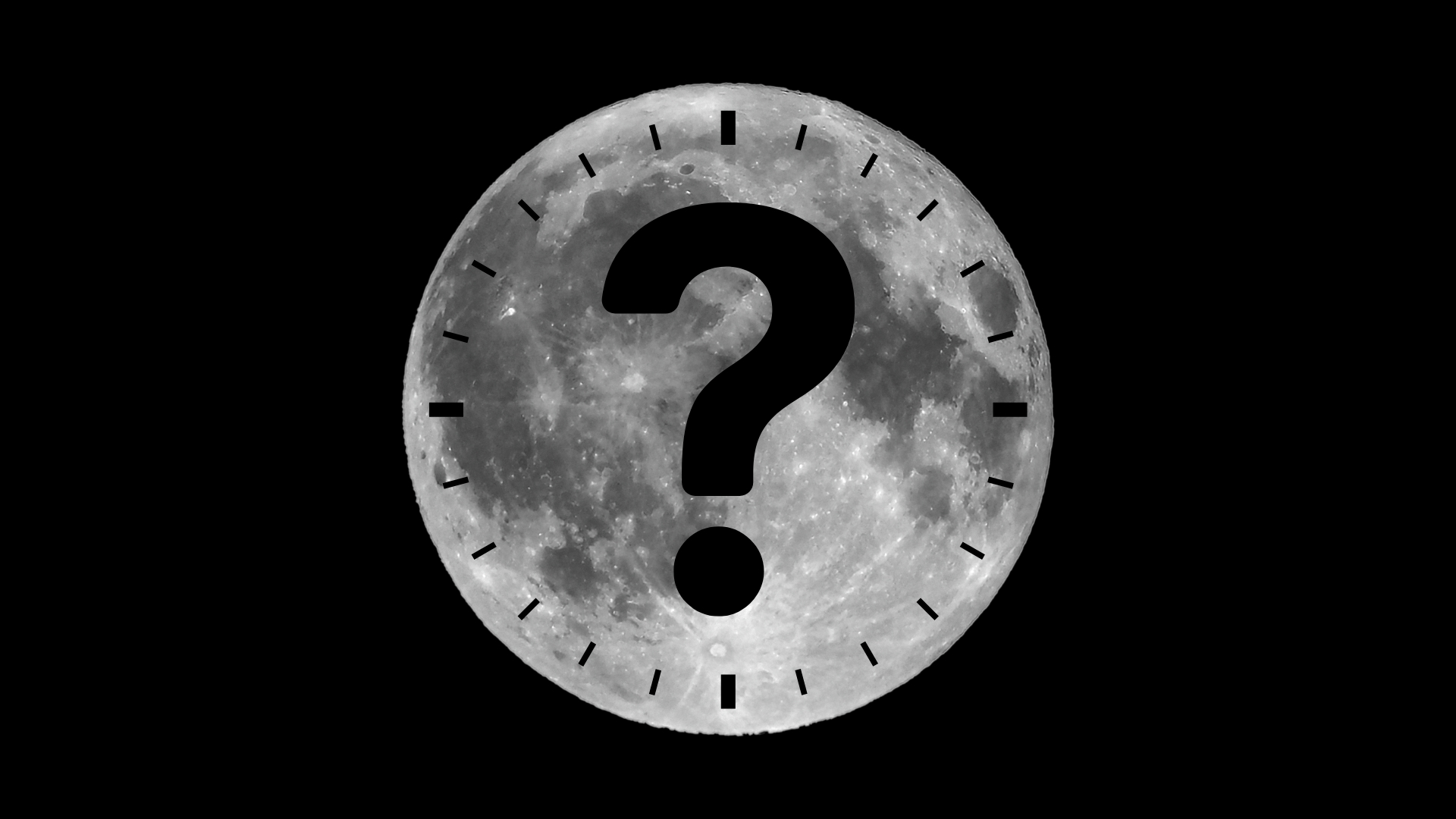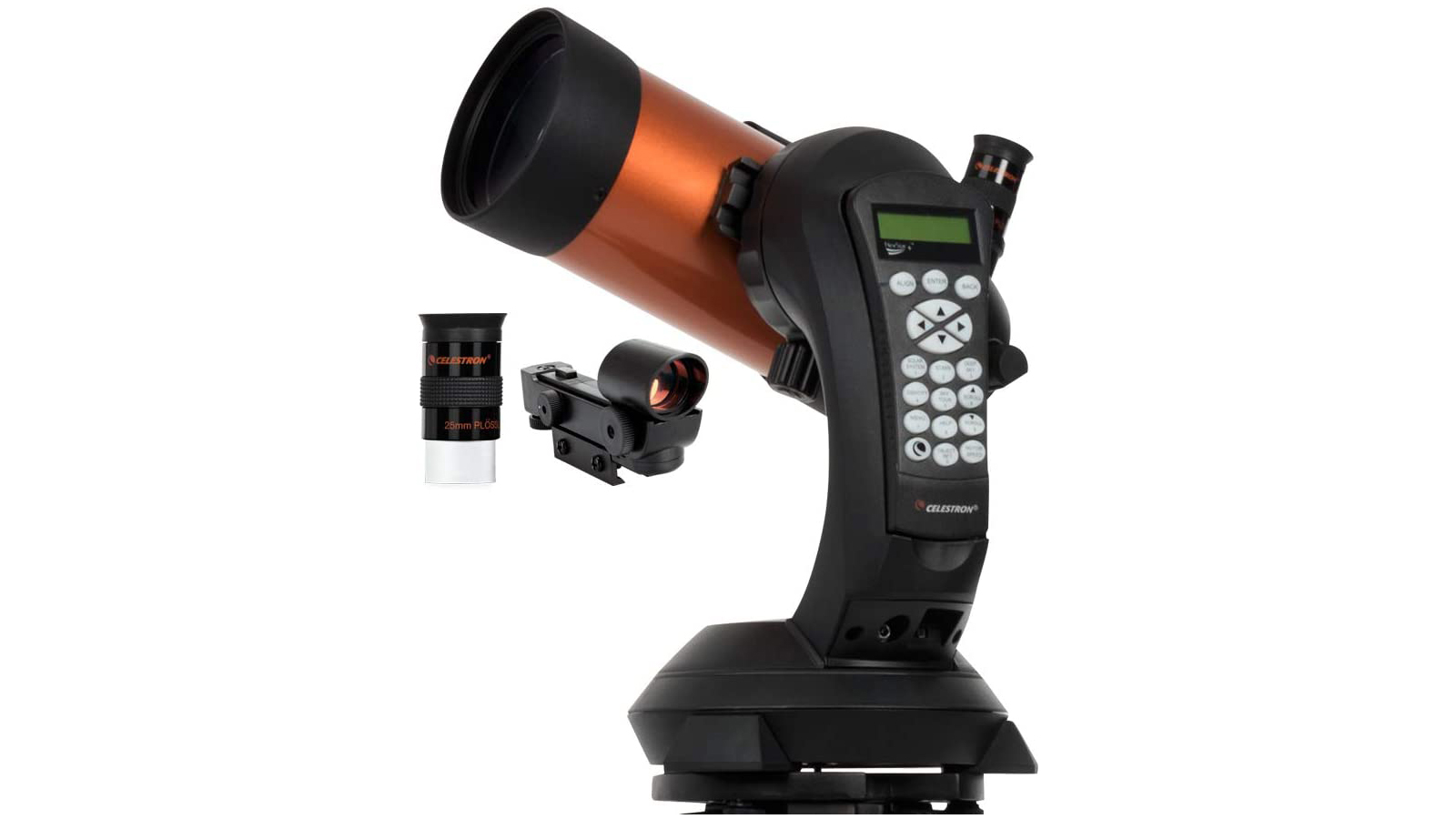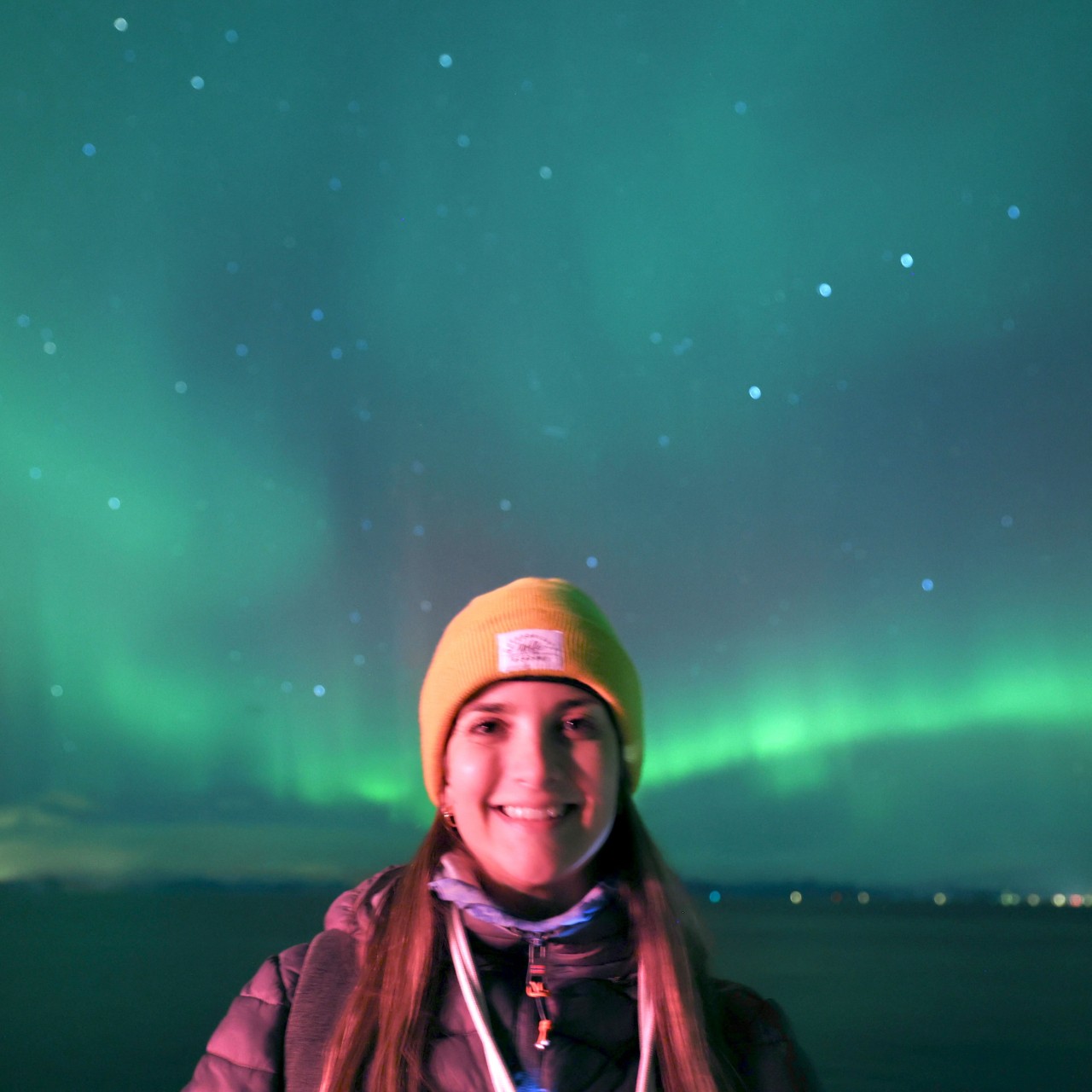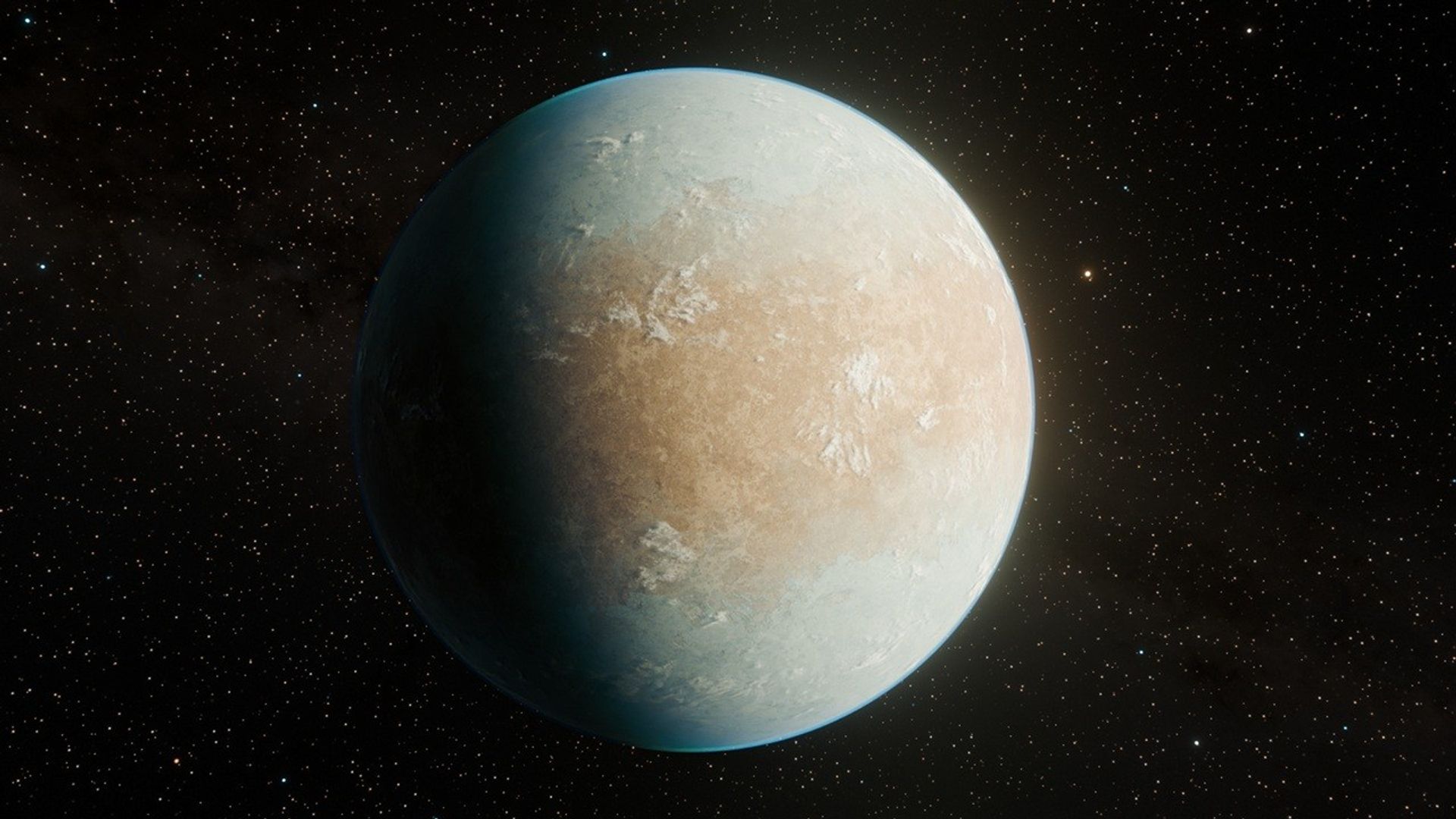What time is the August full moon?
The full moon rises on Aug. 9; here are the best times to view the Sturgeon Moon.

Breaking space news, the latest updates on rocket launches, skywatching events and more!
You are now subscribed
Your newsletter sign-up was successful
Want to add more newsletters?

Delivered daily
Daily Newsletter
Breaking space news, the latest updates on rocket launches, skywatching events and more!

Once a month
Watch This Space
Sign up to our monthly entertainment newsletter to keep up with all our coverage of the latest sci-fi and space movies, tv shows, games and books.

Once a week
Night Sky This Week
Discover this week's must-see night sky events, moon phases, and stunning astrophotos. Sign up for our skywatching newsletter and explore the universe with us!

Twice a month
Strange New Words
Space.com's Sci-Fi Reader's Club. Read a sci-fi short story every month and join a virtual community of fellow science fiction fans!
Editor's note: Well, the August full moon certainly didn't disappoint and we've got the photos to prove it! Head over to our Sturgeon Moon wrap story to see some of the best shots from around the world.
The August full moon, also known as the Sturgeon Moon, will rise on Aug. 9, offering an impressive lunar display for skywatchers worldwide.
The Sturgeon Moon will officially reach full phase at 3:54 a.m. EDT (0754 GMT), but that exact moment won't be visible everywhere. The best time to see it depends on your local moonrise, when the moon first appears above the horizon in your area.
In New York City, for example, the full moon peaks at 3:54 a.m. EDT on Aug. 9, just before sunrise. That means it will be visible in the early morning hours of Aug. 9, setting around 6:04 a.m. Later that day, the moon rises again at 8:30 p.m., and while it's technically just past full, it will still look completely round to the naked eye. That evening's moonrise, when the moon appears big and golden near the horizon, is the best time to enjoy the view.
Here are the local moonrise times for select cities for the full moon on Aug. 9, according to Time and Date.
New York, U.S. | 8:30 p.m. |
San Francisco, U.S. | 8:42 p.m. |
London, U.K. | 8:57 p.m. |
Rome, Italy | 8:40 p.m. |
Cairo, Egypt | 8:02 p.m. |
Sydney, Australia | 5:11 p.m. |
Can't watch on Aug. 9? No problem. The moon will still appear full to the casual observer a night or two before and after its peak.
Best time to see the full moon
The best time to look for the full moon is an hour or two after it rises, as it can appear particularly big and impressive at this time. This is thanks to the moon illusion, a visual trick that makes the moon look much bigger when it's close to the horizon compared to when it's high in the sky.
Breaking space news, the latest updates on rocket launches, skywatching events and more!

Looking for a telescope to get a better look at the moon? The Celestron NexStar 4SE is ideal for beginners.
In reality, the moon's size doesn't change at all. The illusion comes from how our brains interpret visual cues, especially when comparing the moon to nearby objects like trees or buildings. When the moon is high in the sky, there's nothing next to it to provide a sense of scale, so it appears smaller than when it's low on the horizon and framed by familiar landmarks.
To get the best view of the full moon, try to head to a location with minimal light pollution and a clear view of the horizon. And don't forget to check your local weather forecast, as clouds can spoil the show.
Editor's Note: If you capture an amazing full moon photo and want to share it with Space.com for a story, please send images and comments to spacephotos@space.com.

Daisy Dobrijevic joined Space.com in February 2022 having previously worked for our sister publication All About Space magazine as a staff writer. Before joining us, Daisy completed an editorial internship with the BBC Sky at Night Magazine and worked at the National Space Centre in Leicester, U.K., where she enjoyed communicating space science to the public. In 2021, Daisy completed a PhD in plant physiology and also holds a Master's in Environmental Science, she is currently based in Nottingham, U.K. Daisy is passionate about all things space, with a penchant for solar activity and space weather. She has a strong interest in astrotourism and loves nothing more than a good northern lights chase!
You must confirm your public display name before commenting
Please logout and then login again, you will then be prompted to enter your display name.
